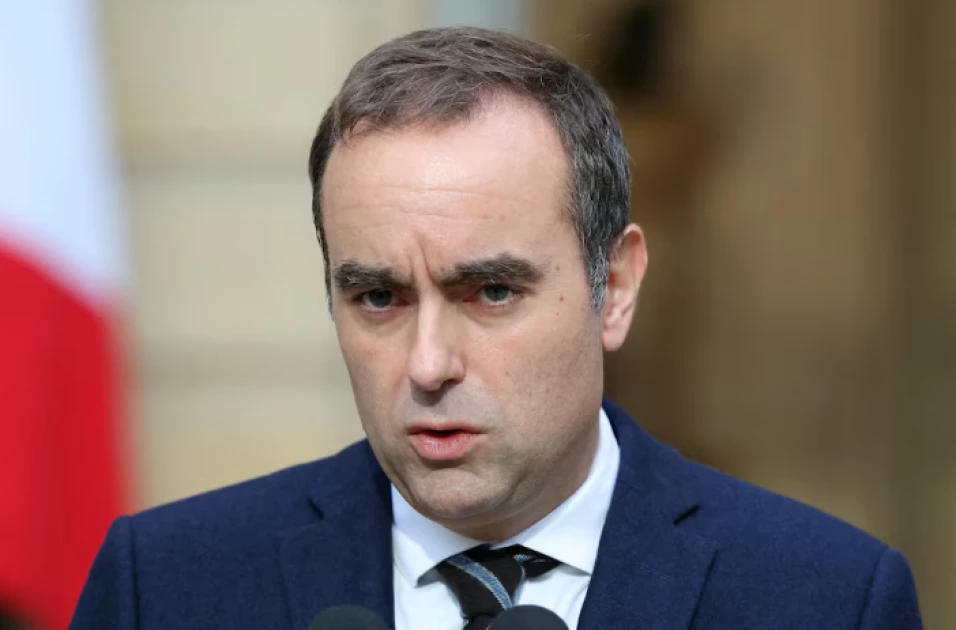France has announced a new government lineup led by Prime Minister Sebastien Lecornu, marking a pivotal moment in President Emmanuel Macron’s administration as the country faces deep political divisions and pressing economic challenges. The reshuffle, unveiled on Sunday by the Élysée Palace, comes amid growing uncertainty over how the government will secure parliamentary backing for the 2026 national budget.
Lecornu, a close ally of Macron known for his pragmatic leadership style, now faces the formidable task of uniting a fragmented parliament. Analysts say his success or failure could determine the longevity of Macron’s centrist government, which has struggled to build consensus since losing its absolute majority in the National Assembly in 2022.
The newly appointed cabinet features a mix of familiar faces and new entrants. Catherine Vautrin will head the crucial Health and Labour Ministry, overseeing both employment policies and healthcare reform. Rachida Dati retains her role as Culture Minister, while Roland Lescure assumes charge of the Economy and Finance Ministry, succeeding Bruno Le Maire.
In foreign affairs, Jean-Noël Barrot replaces Stéphane Séjourné as Foreign Minister, signaling a possible shift in France’s diplomatic approach amid global tensions. Eric Woerth takes over Urbanism and Housing, a critical portfolio as France grapples with a housing shortage.
The environment docket goes to Agnès Pannier-Runacher, while Annie Genevard becomes Agriculture Minister. Amélie de Montchalin will oversee the Budget Ministry, tasked with steering fiscal reforms.
New portfolios reflect Macron’s modern governance priorities, with Naïma Moutchou leading Civil Service, AI, and Digital Affairs, and Marina Ferrari appointed Sports and Youth Minister. Aurore Bergé becomes the Government Spokesperson and Minister for Gender Equality, while Mathieu Lefevre takes charge of Relations with Parliament.
As Lecornu’s government prepares to present its fiscal blueprint, all eyes will be on how effectively it can balance reform ambitions with political realities in one of Europe’s most scrutinized democracies.

